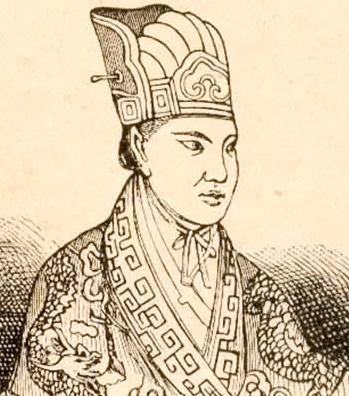According to historical evidence, his first contact with Christian
pamphlets occurred in 1836 when he directly received
American Congregationalist missionary
Edwin Stevens' personal copy of the
Good Words to Admonish the Age (by
Liang Fa, 1832). He only briefly looked over and did not carefully examine it. Subsequently, Hong claimed to have experienced mystical visions in the wake of his third failure
[a] of the
imperial examinations in 1837 and after failing for a fourth time in 1843, he sat down to carefully examine the tracts with his distant cousin
Feng Yunshan, believing that they were "the key to interpreting his visions" coming to the conclusion that he was "the son of
God the Father, Shangdi, and the younger brother of
Jesus Christ who had been directed to rid the world of demon worship (that means, submission to the Qing dynasty, according to Xiuquan the Qing were demons that oppressed the Han ethnic majority)."
[5][6][7][8][9][10]

bahaipedia.org





